People that may be involved in your care
Multidisciplinary Team (MDT)
A Multidisciplinary Team (MDT) is a team of healthcare professionals who specialise in the various areas of your care. Having access to MDT has demonstrated reduced hospital admissions and better quality life for patients and their families. If you are diagnosed with heart failure, you are likely to see several different specialists who will help you improve and manage your condition. Below is a list of the healthcare professionals you may see, what they do and why you might see them.
Primary care physician (general practitioner or GP)
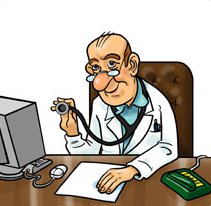 |
Your GP is usually your first point of contact when medical problems arise. He/she will often remain in charge of your overall care and is the main contact for questions and advice. It’s your GP who will refer you to a general physician for any hospital or specialist care you may require. It’s important to have a good and productive relationship with your GP as they are usually the first person you see. GPs are the gatekeeper to healthcare and will refer you to other more specialist services if necessary. |
General physician/Internist
 |
A general physician will manage your hospital care and will refer you to other healthcare specialists as necessary. |
Heart failure nurse (hospital and community)
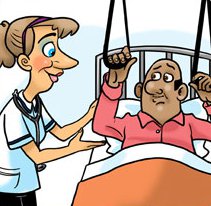 |
Heart failure nurses are specialist nurses who may give care, perform tests and provide information, education and counselling. They are especially important in your follow-up care. |
Cardiologist
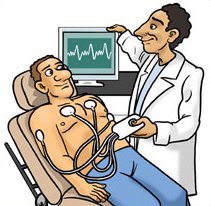 |
Your cardiologist is responsible for your overall medical management, including making sure you have the relevant tests and prescribing your treatment. |
Pharmacist
 |
Your pharmacist will be able to give you lots of useful information about your medicines. He/she can tell you if there are any foods or other drugs that should be avoided with your heart failure prescription medicines. Your pharmacist can also help to explain any instructions that you need to understand to take your medicines properly. |
Dietician
 |
Dieticians can advise you on how to improve your diet to help manage your heart failure, for example cutting down on your salt or fluid intake. They may work with you to develop an appropriate diet plan to help you maintain a healthy body weight. |
Geriatrician/Care of the elderly specialist
 |
You may be referred to a geriatrician if you are of a certain age and affected by other disorders commonly seen in older people. |
Practice/community nurse
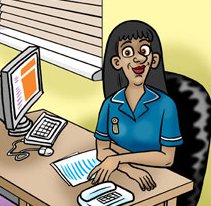 |
The practice/community nurse will supplement your care at your local practice or at your home if you can’t attend regular appointments at your clinic. They will be able to help with organising your medication and with providing any education. |
Physical and occupational therapists
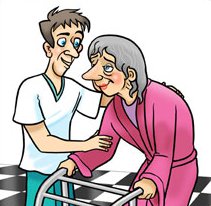 |
Physical and occupational therapists will help you to recover from hospitalisation or a procedure and live as full a life as possible through a cardiac rehabilitation programme. They can also give you practical advice on saving your energy. |
Psychologist
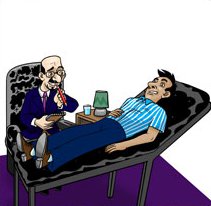 |
A psychologist may be able to help you and your family cope with emotional stress, anxiety, depression and other psychological problems caused by your heart failure. |
Social worker
 |
Social workers can help you take advantage of programmes or benefits that exist in your community. He/she may be able to help with any complex financial or legal issues arising from your condition and help you get in touch with the appropriate social support systems. |




















